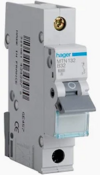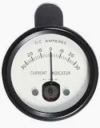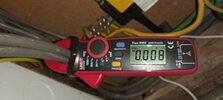- Joined
- 24 May 2016
- Messages
- 3,861
- Reaction score
- 744
- Country

Morning all,
Friend has brought a boat and found that when the internal lights are switched on the breaker trips.
It is a 12v circuit, the lights themselves all seem ok and a boatyard suggested that a screw has cut through a cable but he hasnt added anything fitted with screws.
What I dont understand is why there is a slight delay before the breaker does trip. One last thing, there seems to be two seperate cable runs powering the lights.
Any ideas guys (or gals)
Friend has brought a boat and found that when the internal lights are switched on the breaker trips.
It is a 12v circuit, the lights themselves all seem ok and a boatyard suggested that a screw has cut through a cable but he hasnt added anything fitted with screws.
What I dont understand is why there is a slight delay before the breaker does trip. One last thing, there seems to be two seperate cable runs powering the lights.
Any ideas guys (or gals)



